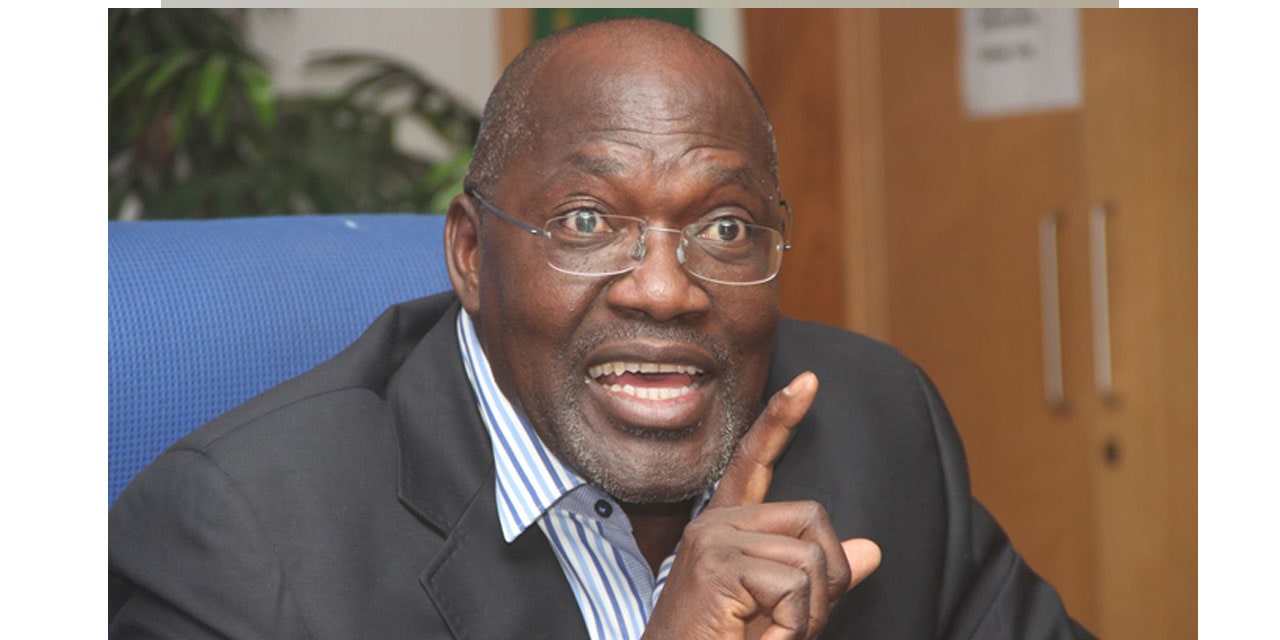Martin Endjala
An investigation by the Parliamentary Standing Committee on Natural Resources has found that ReconAfrica exploring for oil in the two Kavango regions have the support of regional leadership, local communities and traditional authorities.
The standing committee chairperson, Tjekero Tweya tabled the informative report in the National Assembly yesterday.
“It is the committee’s conviction that the objectives and mandates extended to it by the house, has been executed successfully and in an objective open, fair and transparent manner,” Tweya asserted.
The attributable reasons for the overwhelming support, is said to be centred on economic and social Benefits, which have to do more with employment and infrastructure development.
Based on the findings and testimonies with presented evidence, the committee, Tweya said is therefore recommending the continuation of the exploration project.
The standing committee started its consultations after a petition was handed to the National Assembly by Save the Kavango’s Unique Lifestyle (Soul), an alliance of local and international civil society organisation, scientist and activists.
Another two petitions were also submitted by the Civil Society Organisations in Namibia and Fridays for Future of Windhoek which call for the stop of oil drilling in Kavango submitted in February.
The standing committee’s objectives were to establish consensus on investigations on key concerns of the petitions to obtain public input on the matter and to better understand operations of the oil exploration, including analysing data and evidence obtained through its consultations.
The committee further emphasized that despite the overwhelming support for the exploration, it recommends that all future explorations be done with full and prior approvals of the land owners, farmers, and village communities as well as consent from traditional authorities.
The committee also recommended to the Ministry of Mines and Energy to consider commissioning a
transboundary and multi-national strategic environmental assessment for the entire oil development life cycle, as well as establishing a committee that will monitor and supervise activities the process.
It further recommended that MME, Ministry of Agriculture, Water and Land Reform, Ministry of Environment, Forestry and Tourism be part of these committee.
The committee further added that the MME undertake open and transparent consultations with
regional leadership, local communities and traditional authorities to be involved before awarding
licenses.
Namcor, the committee proposed, should be given 51 percent shareholding in companies exploring and production of oil in Namibia.
Tweya concluded with recommendations to the MEFT which advice that the ministry ensure that the environmental assessments reports are made available to both the regional leadership, traditional authorities and to the local communities and to be easily accessible by any concerned public member.




